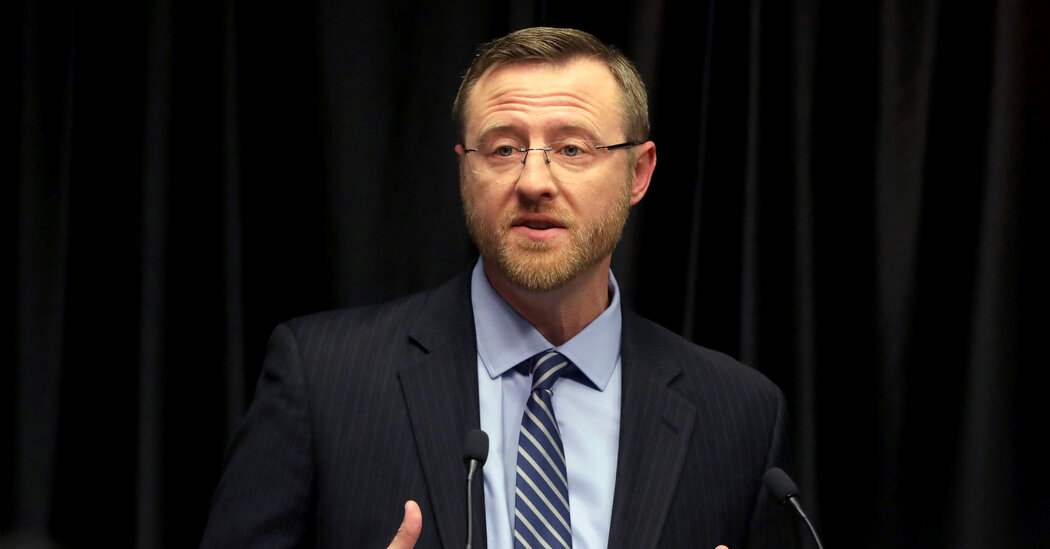OTTAWA – Prime Minister Justin Trudeau says the NDP is caving to political pressure from Conservative Leader Pierre Poilievre when it comes to their stance on the consumer carbon price.
Trudeau says he believes Jagmeet Singh and the NDP care about the environment, but it’s “increasingly obvious” that they have “no idea” what to do about climate change.
On Thursday, Singh said the NDP is working on a plan that wouldn’t put the burden of fighting climate change on the backs of workers, but wouldn’t say if that plan would include a consumer carbon price.
Singh’s noncommittal position comes as the NDP tries to frame itself as a credible alternative to the Conservatives in the next federal election.
Poilievre responded to that by releasing a video, pointing out that the NDP has voted time and again in favour of the Liberals’ carbon price.
British Columbia Premier David Eby also changed his tune on Thursday, promising that a re-elected NDP government would scrap the long-standing carbon tax and shift the burden to “big polluters,” if the federal government dropped its requirements.
This report by The Canadian Press was first published Sept. 13, 2024.
